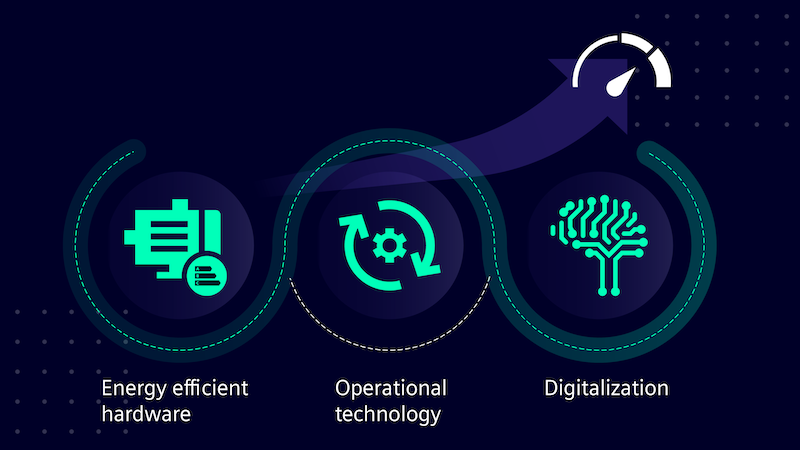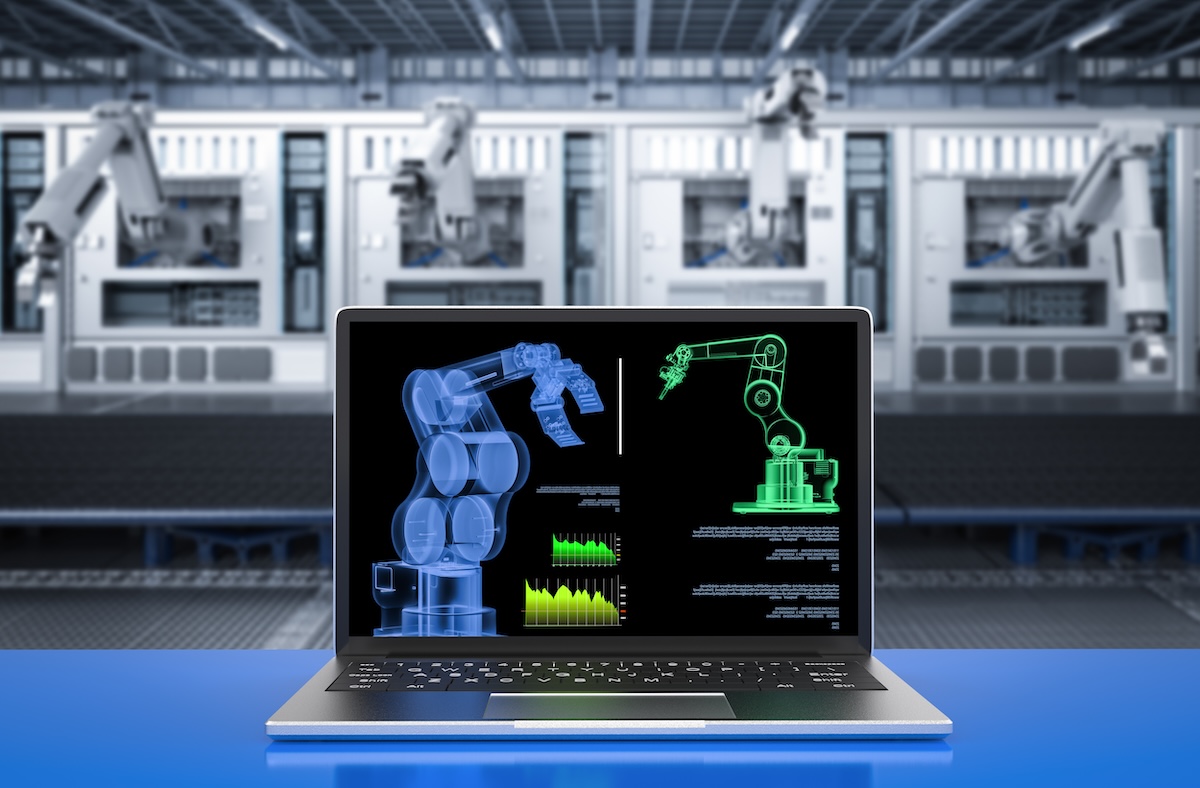Sustainable Transformation in Machine Tool Manufacturing
 The manufacturing industry is facing a growing challenge: to reduce its environmental impact while maintaining productivity and profitability.
The manufacturing industry is facing a growing challenge: to reduce its environmental impact while maintaining productivity and profitability.
Saving resources is not only a moral imperative but also a crucial factor for business success. We understand this, and our comprehensive product portfolio enables the decarbonization of manufacturing. The efficient use of resources, direct footprint reduction, recycling, and reuse are the key actions that enable an ecologically and economically sustainable CNC shop floor. Thus, affecting all our everyday lives.
The existential threat of climate change remains the biggest challenge for industries today, and machine tool manufacturing is no exception. Fully one-third of the world’s carbon emissions still come from industrial production. To meet Net Zero requirements and reverse climate change, the machine tool industry must play a more active role.
 There are three main levers to boost sustainability in machine tool manufacturing. First is the efficient use of resources through the intelligent use of data. Making the best use of available resources, such as reducing scrap and repairs or minimizing idle and production time, can increase machine productivity and reduce the need to physically move goods and people. Increasing transparency and awareness of resources used can also help contribute to more sustainable manufacturing.
There are three main levers to boost sustainability in machine tool manufacturing. First is the efficient use of resources through the intelligent use of data. Making the best use of available resources, such as reducing scrap and repairs or minimizing idle and production time, can increase machine productivity and reduce the need to physically move goods and people. Increasing transparency and awareness of resources used can also help contribute to more sustainable manufacturing.
The second is direct footprint reduction. Using components with higher energy efficiency and/or lower CO2 footprint and implementing applications to compensate, recover, and limit energy consumed, can significantly reduce the environmental impact of manufacturing.Such a seamless portfolio helps machine tool manufacturers and users save costs while being more productive with fewer resources.

Third is the recycle and reuse of machines and materials. Retrofitting of machines, extension of their lifetime, and the use of reconditioned components can reduce the use of new resources and the environmental footprint.
We understand that the intelligent use of data is the key to machine tool businesses becoming true Digital Enterprises. Companies can maximize the value of their data across the full span of their value chains.
To demonstrate the effectiveness of individual products and applications, we conducted measurements in our electric motor factory in Bad Neustadt. During ongoing production, we implemented and documented measures to save energy on the shop floor.
With these results, our customers can increase the sustainability of their machine tools while improving their efficiency.
About the author
 This article was written by Julia Collisi, Business Excellence, Siemens Machine Tools. She is passionate about the power of energy-efficient and digitalized machine tools to drive sustainability on the shopfloor. Her goal is to help customers shape their sustainability strategy and positively impact both their business and the environment.
This article was written by Julia Collisi, Business Excellence, Siemens Machine Tools. She is passionate about the power of energy-efficient and digitalized machine tools to drive sustainability on the shopfloor. Her goal is to help customers shape their sustainability strategy and positively impact both their business and the environment.



